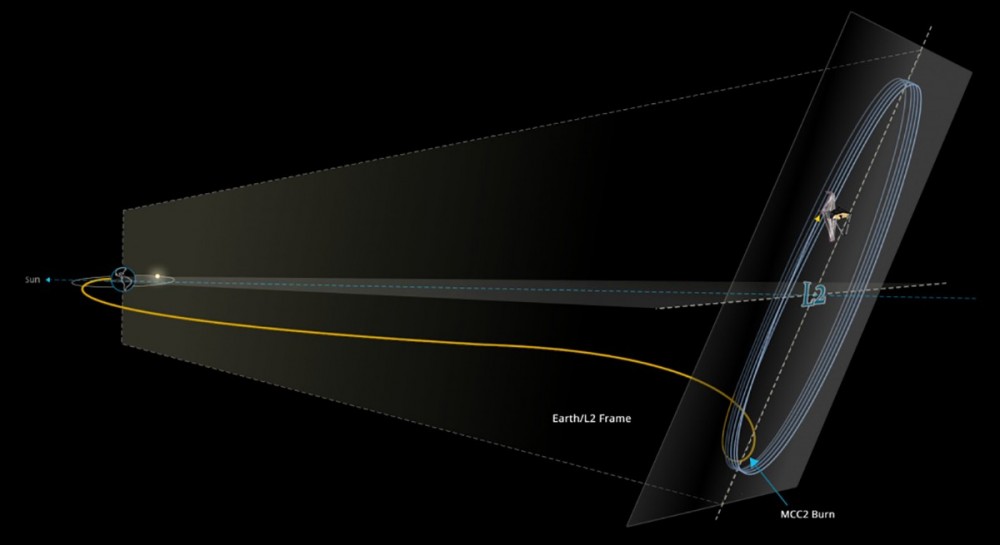MURFREESBORO, Tenn. — The MTSU Department of Physics and Astronomy Star Parties for the spring 2022 semester resume Friday, Feb. 4.
Professor Eric Klumpe kicks off the four-event series at 6:30 p.m. Friday, bringing “The Wacky Orbit of Webb Space Telescope” to the audience in Room 102 of Wiser-Patten Science Hall.
Friday Star Parties are free and open to the public. The format is a 30- to 45-minute lecture followed by a telescope viewing at the MTSU Observatory, weather permitting.
The event is open to the public. MTSU students, staff and faculty, and children are welcome. Because of the continuing pandemic, the wearing of masks is recommended but not required.
Regarding his presentation, Klumpe said “an interesting detail about the James Webb Space Telescope that many of us picked up on by watching the news is that the spacecraft was put in an orbit (like all spacecraft are), but it doesn’t appear to be orbiting anything tangible like a planet, star or moon.
Scroll down to continue...
Continued...
“It looks like the center of its orbit is empty space. My plan is to explain the physics of what is actually going on and to demystify the strange geometry of the James Webb Space Telescope orbit.”
The entire space telescope project is an international collaboration among NASA and the European and Canadian space agencies. The telescope is named for James E. Webb, NASA administrator from 1961-68 who played a key role in the Apollo program.
The Star Party schedule also will include:
• March 4 — Winter Sky/Messier Top 10, led by professorChuck Higgins.
• April 1 — Mysteries of Cosmic Rays, led by lecturerNeda Naseri.
• May 6 — Topic TBA, led by lecturerIrina Perevalova.
Free parking is available behind Wiser-Patten Science Hall. To find parking, click here. To reach campus, follow East Main Street to the MTSU entrance, take Blue Raider Drive past the Cope Administration Building and Old Main Circle. Turn left onto Friendship Street and left into the second parking lot. Wiser-Patten is the second building on the right.
For more information about Physics and Astronomy.



